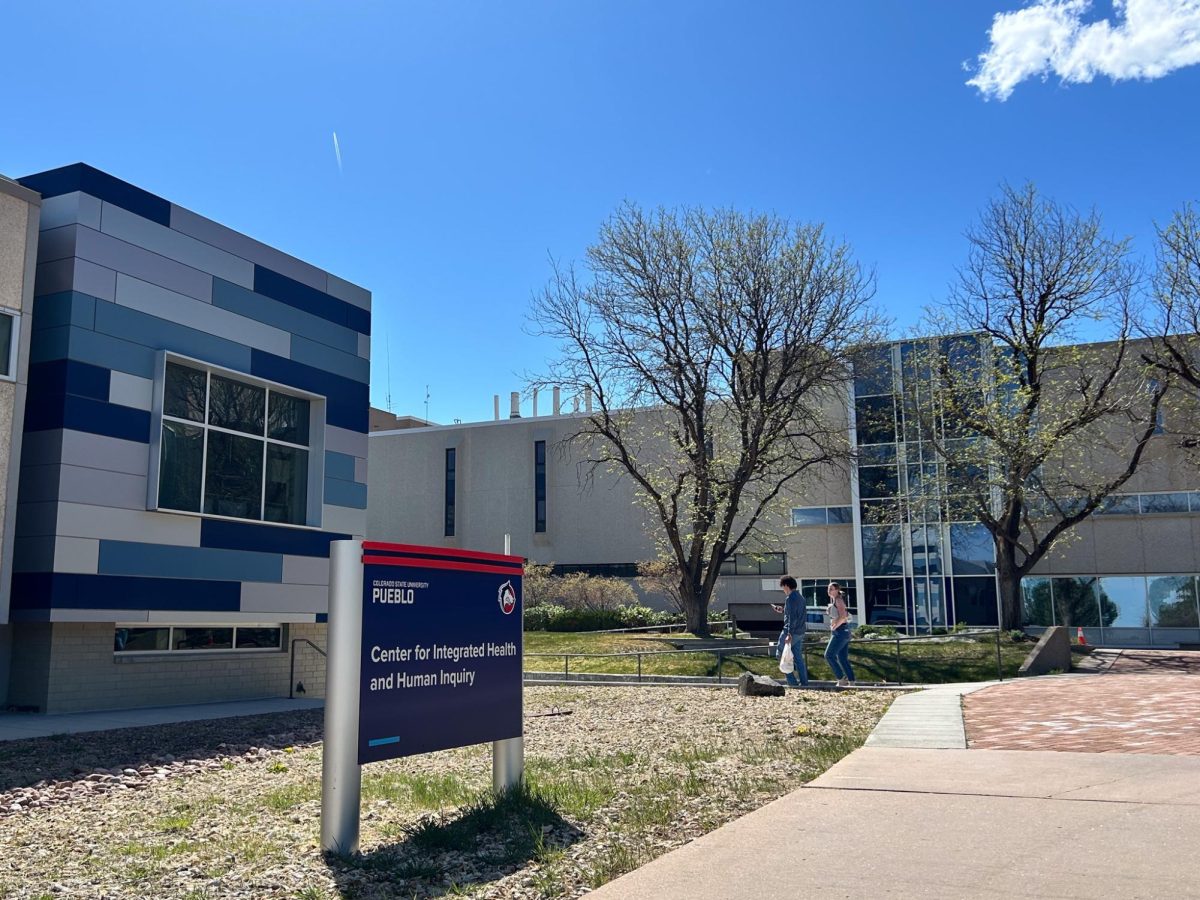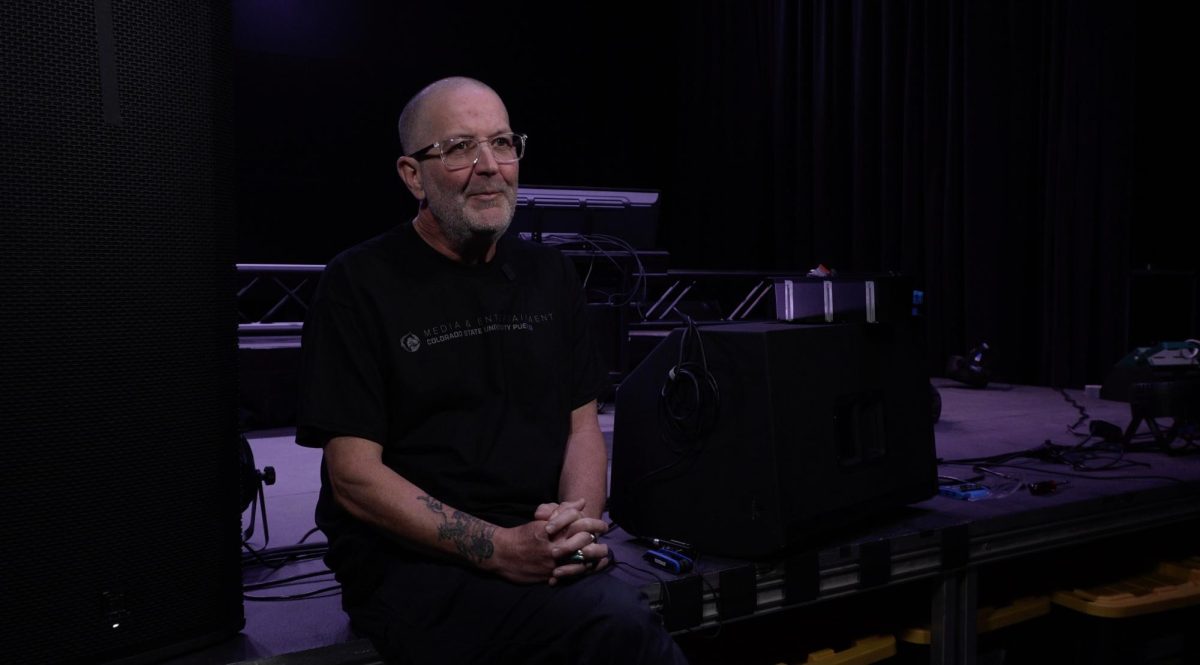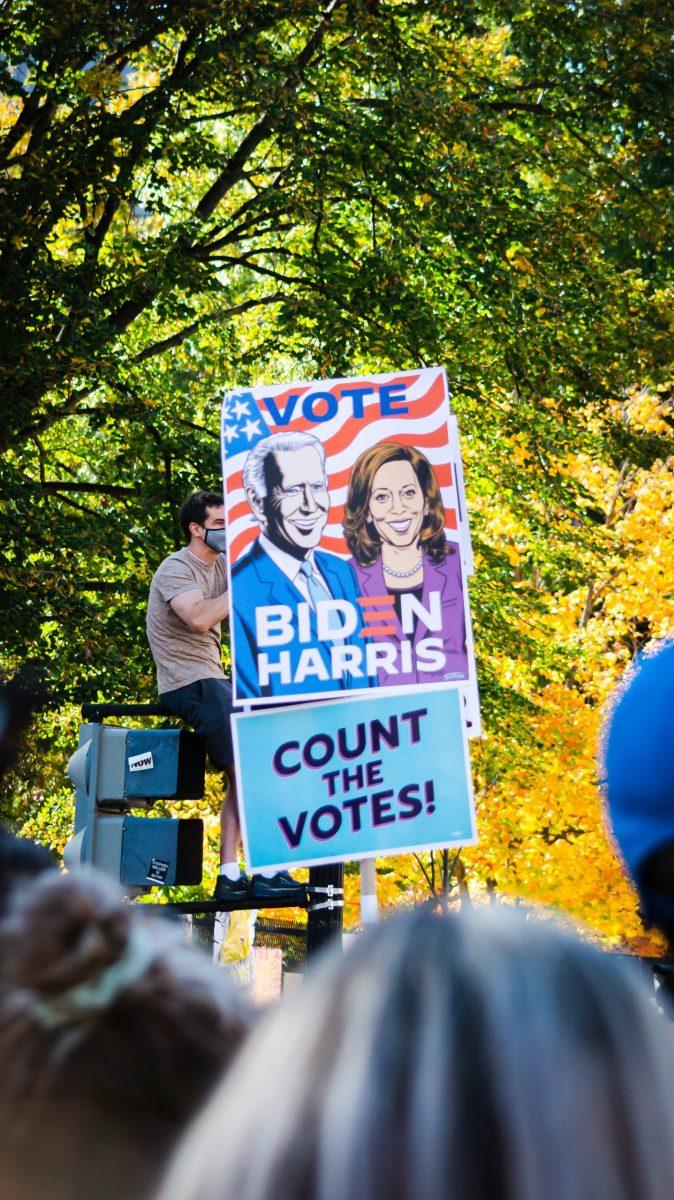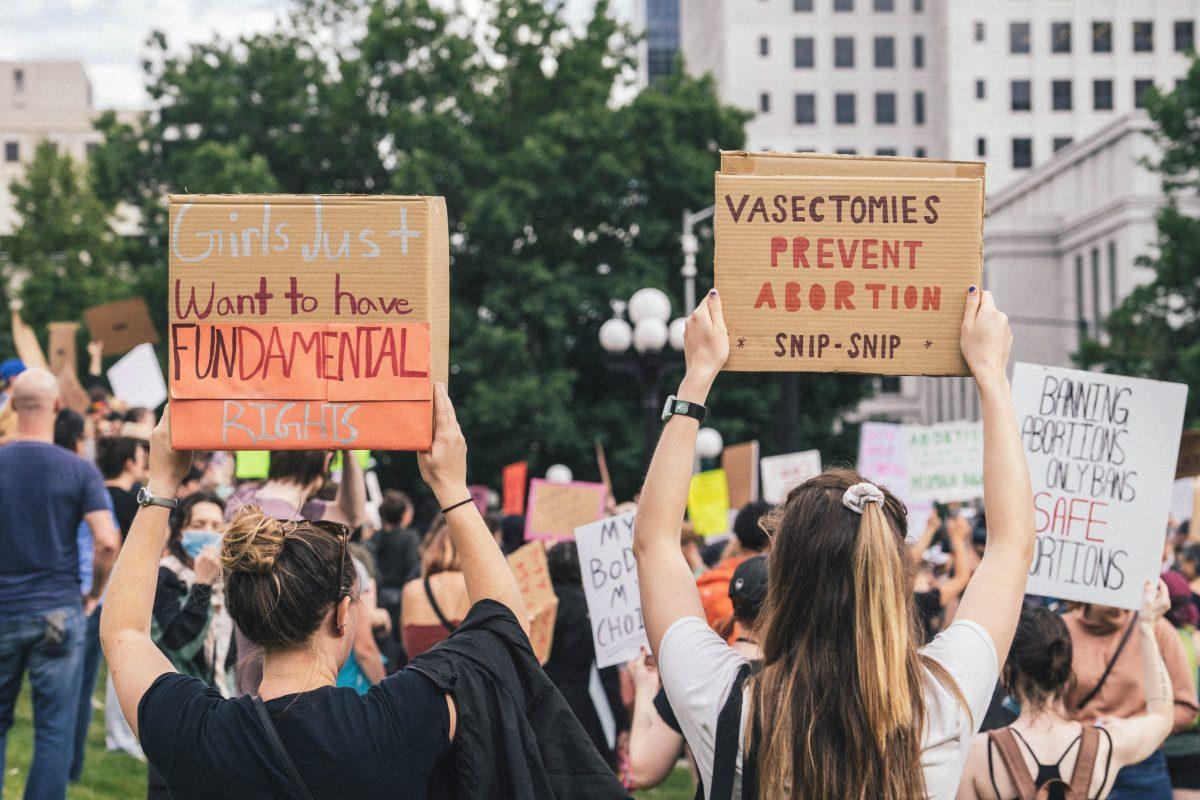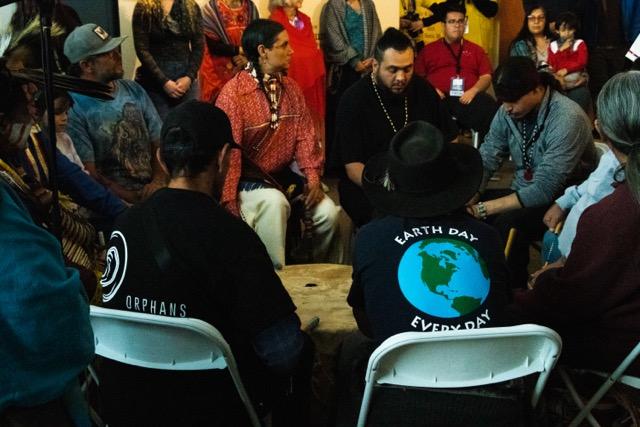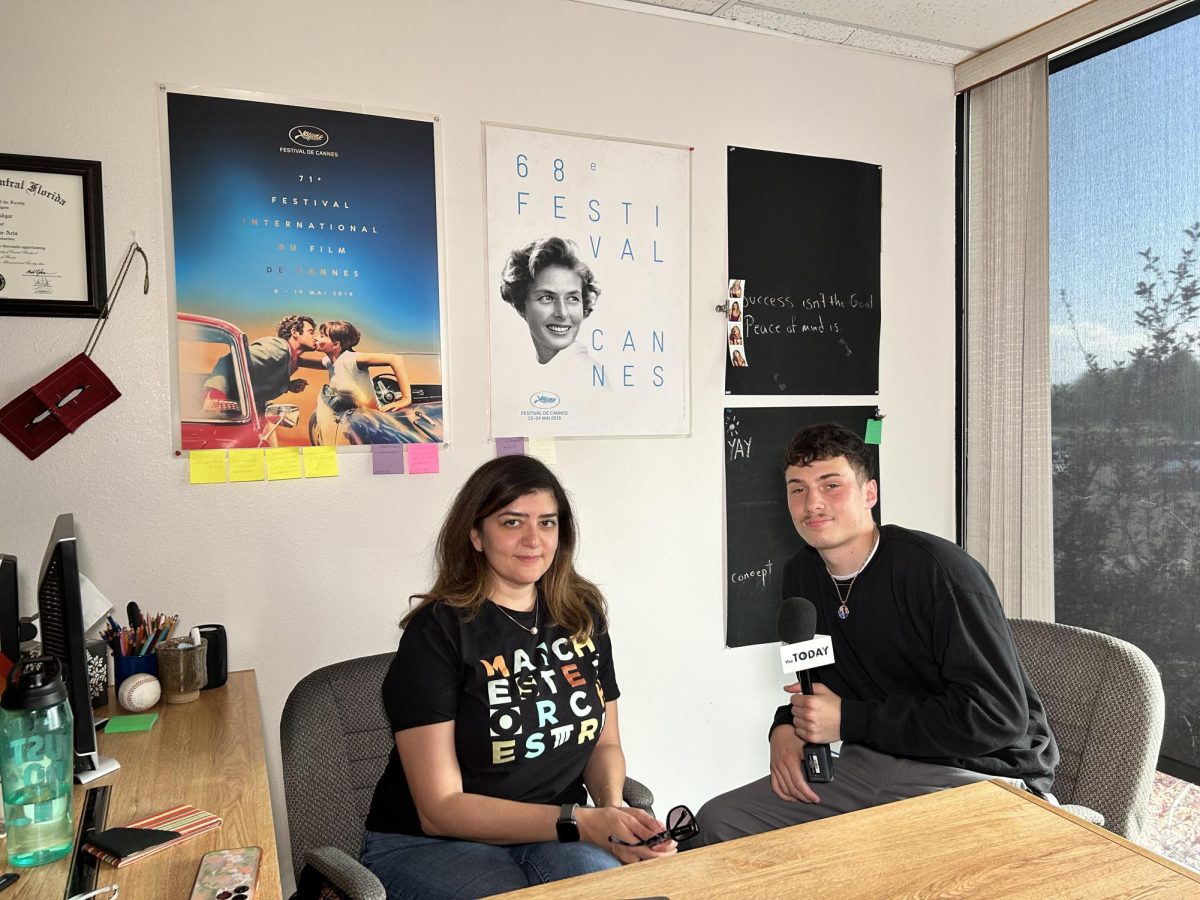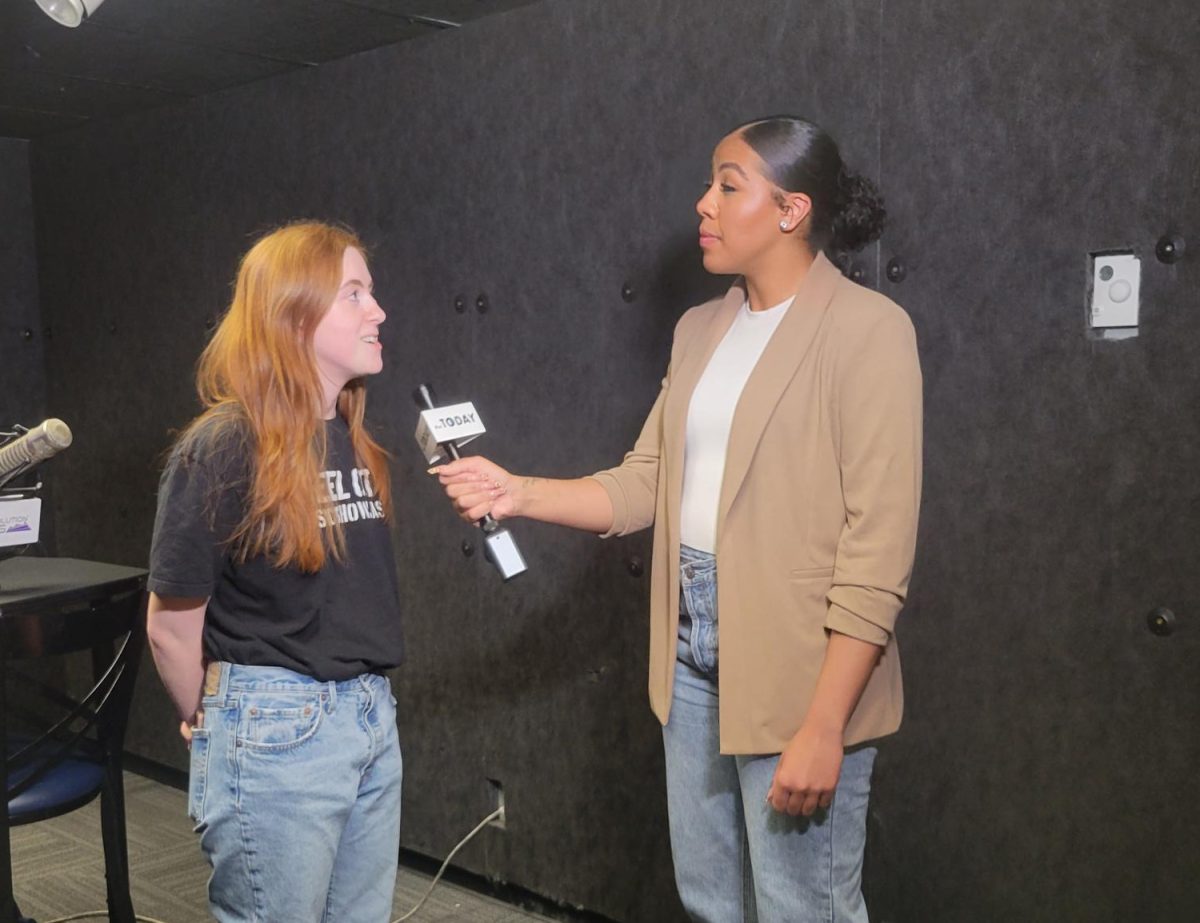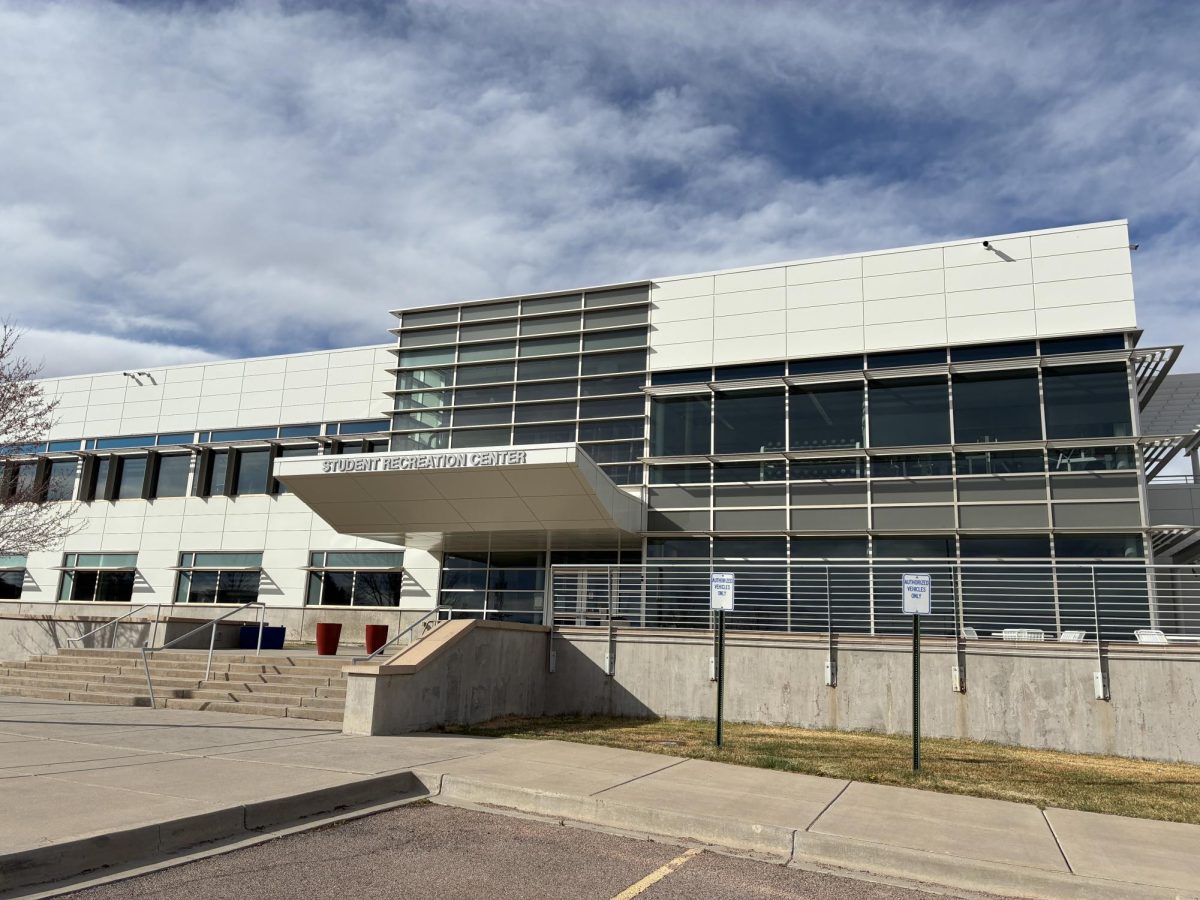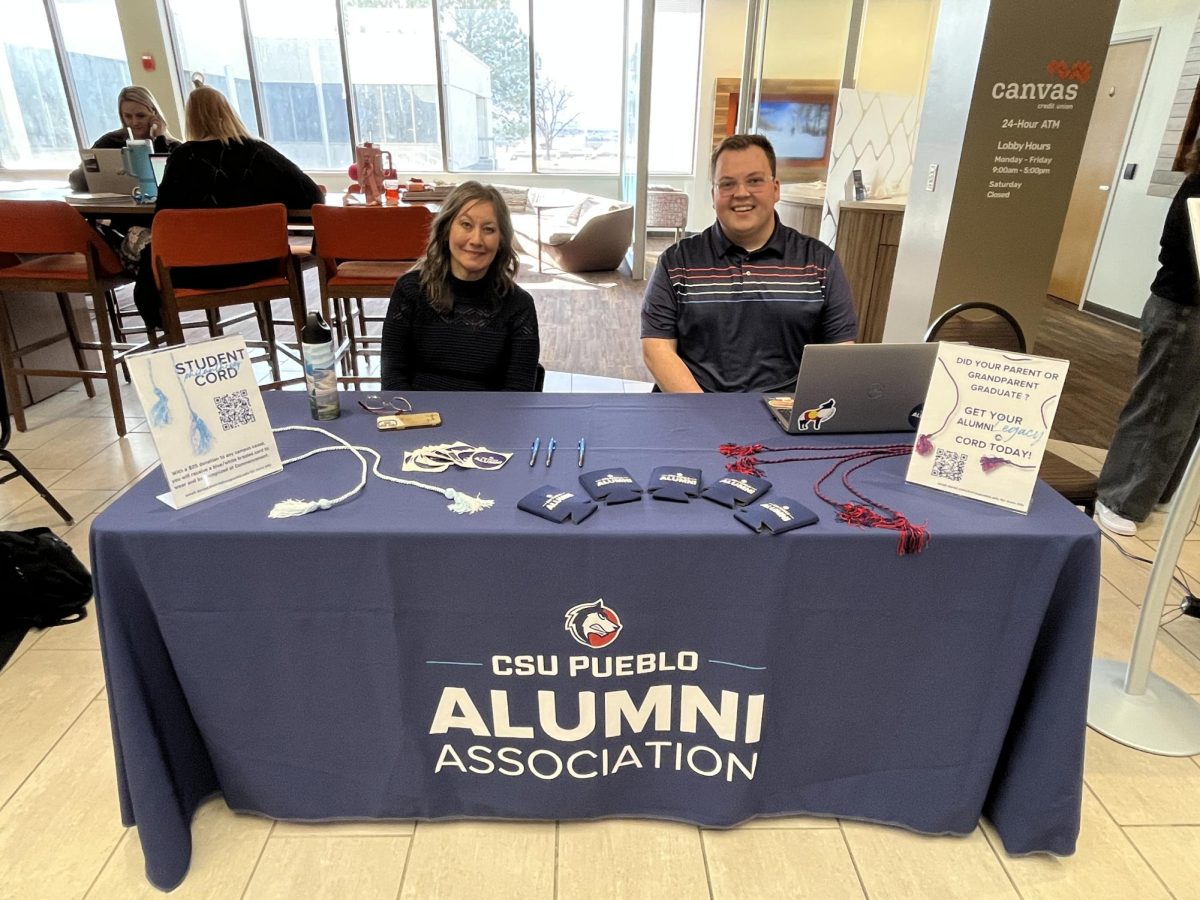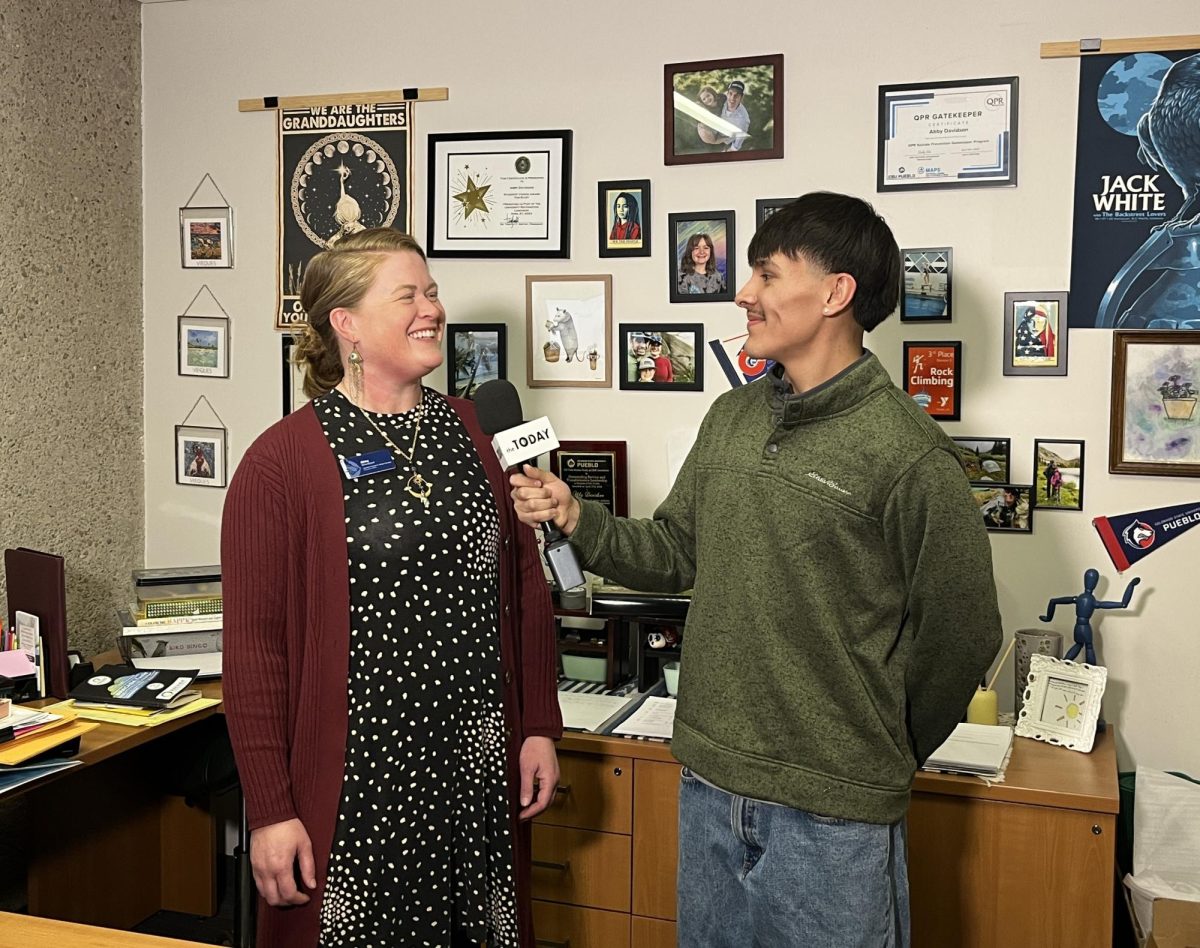By Mike Milisavljevich
If you didn’t already know, Amendment 64 is why the sale and possession of marijuana to adults 21 and over is legal here in the state of Colorado. The change was approved on the Nov. 6, 2012, ballot, when 55% of Colorado voters approved the amendment, making Colorado the second state to legalize the substance, after the state of Washington.
Amendment 64 is now codified in the Colorado Constitution as Article XVIII Section 16: “IN THE INTEREST OF THE EFFICIENT USE OF LAW ENFORCEMENT RESOURCES, ENHANCING REVENUE FOR PUBLIC PURPOSES, AND INDIVIDUAL FREEDOM, THE PEOPLE OF THE STATE OF COLORADO FIND AND DECLARE THAT THE USE OF MARIJUANA SHOULD BE LEGAL FOR PERSONS TWENTY-ONE YEARS OF AGE OR OLDER AND TAXED IN A MANNER SIMILAR TO ALCOHOL”.
At the time, advocates of Amendment 64 rallied under the theme of comparing marijuana to alcohol.
“ If you would like to come home and have a joint and relax with your wife or your husband, I see absolutely no issue with that whatsoever. There are more ways to relax than just someone having a can of Coors or Jim Beam,” Denver resident Wanda James told CBS News on Oct. 14, 2012, as part of its reporting.
To appeal to the sensibilities of the Tea Party and libertarian conservatives, the proponents of Amendment 64 cited the “war on drugs” as an example of what they called “preventable government waste, ill-advised governmental intrusion, and misguided government policy.” Proponents also fought for legalization by appealing to Colorado parents, noting the first $40 million in annual tax revenues from the sale of cannabis would be earmarked for public school capital construction.
Not every Coloradan was for legalization, however; opponents of Amendment 64 had many different reasons for not wanting to pass the amendment.
For starters, they were worried that local governments and their employees helping to license marijuana establishments could technically be aiding criminal acts and therefore be subject to federal prosecution because marijuana is still a federally illegal substance. Similarly, Coloradans also feared that any property and assets related to marijuana establishments, including any state and local taxes raised, could be subject to federal asset seizure laws.
Not all of their opposition came from the substance being federally illegal: Opponents believed that if Amendment 64 passed, many health problems would follow. The opposers argued that addiction rates would rise as well as treatment and societal costs such as drug treatment and prevention programs, emergency room visits and health care.
At the time Colorado State Sen. Steve King stated in a CBS interview that “I honestly believe that when Coloradans go to the ballot box they’re going to vote no to dope in Colorado.”
In the end, Amendment 64 did pass, making Colorado part of a growing state legalization movement.






